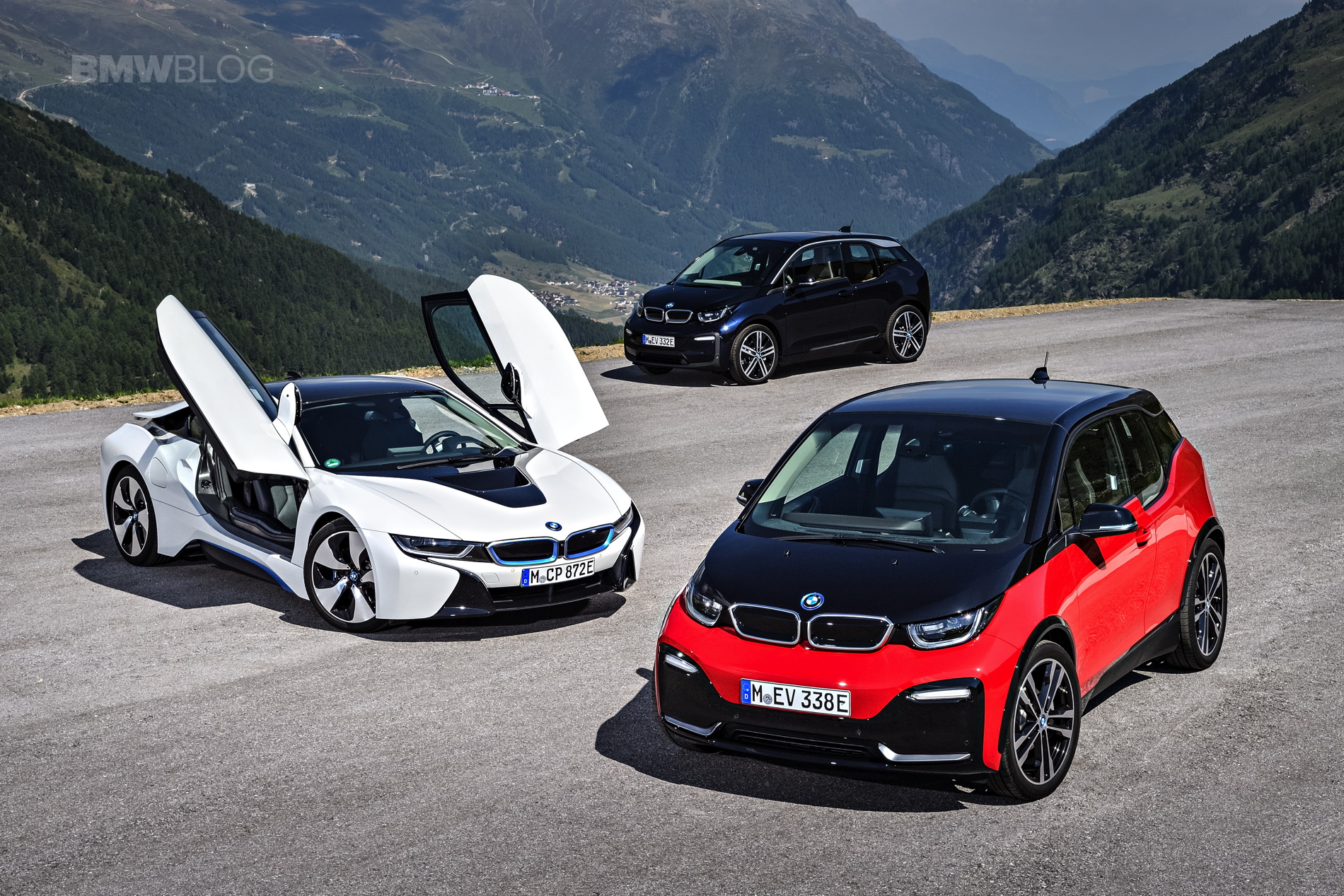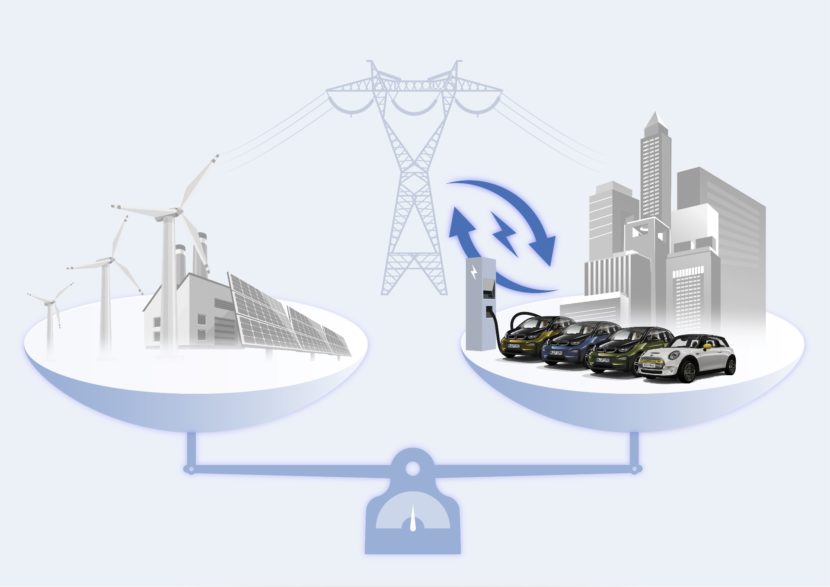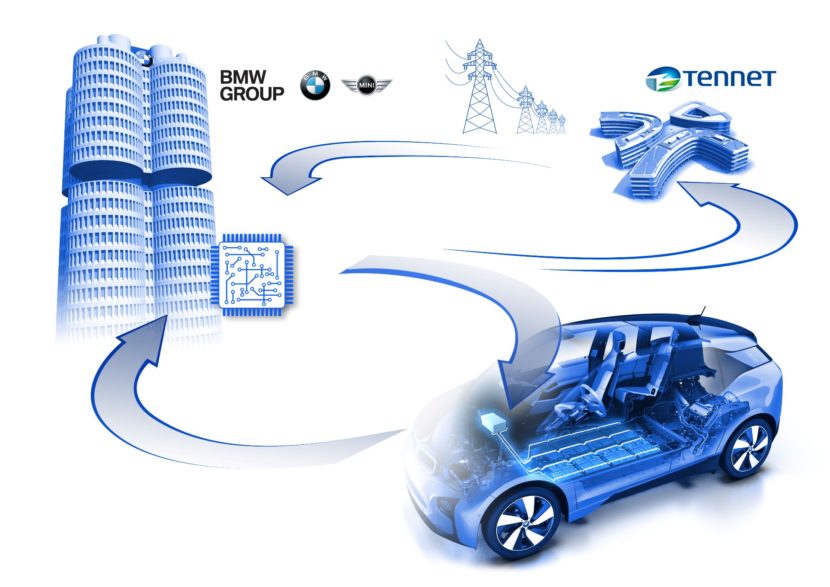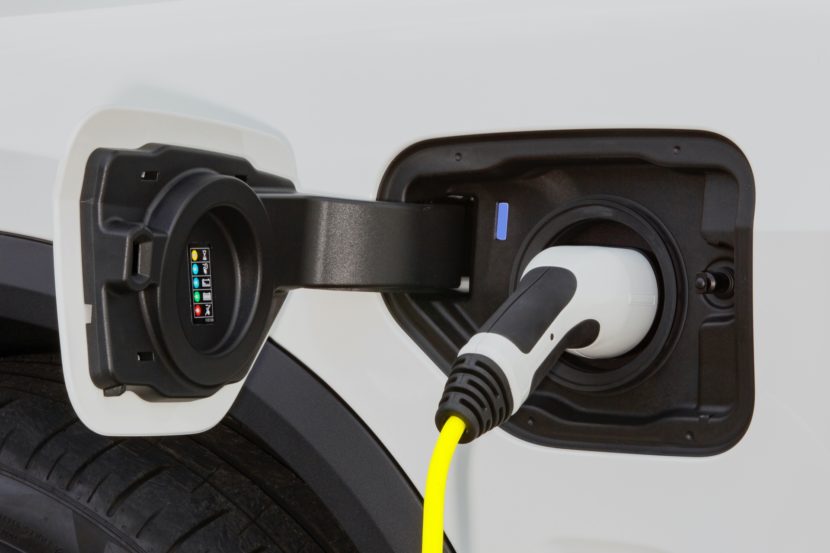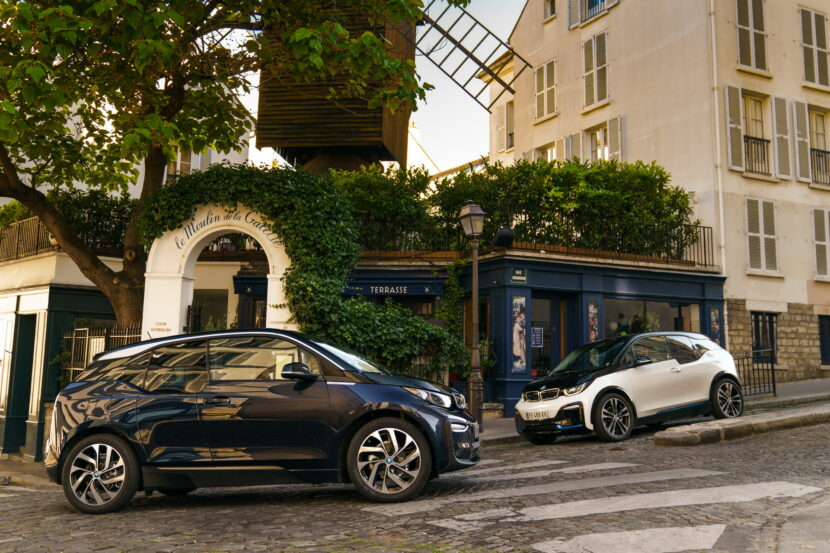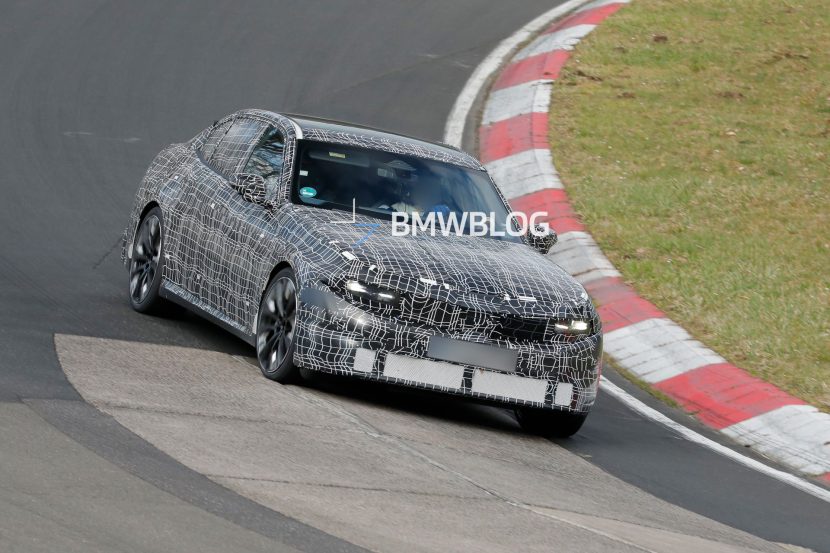With the help of digital integration and connectivity, BMW Group and power operator TenneT aim to completely change the way we charge electric vehicles. The charging process will take into account the status of the grid as to overcome possible overloads of the network, to minimize shortfalls and maximize the use of renewable energy sources.
The project between the two companies makes use of the BMW i3’s already standard connectivity technology as to properly manage and time the charging process. For example, where there is a high rate of utilization of the power grid, charging may not be possible or work just at a limited level.
After the supply bottleneck is overpassed and the grid reverts to normal usage values, charging is resumed. As well, the technology takes into account the levels of available solar and wind energy source as to maximize the charging process.
The intelligent charge control technology is part of the BMW Charging and it basically establishes a communication between the car and the charging point. The aim is to fully optimize the process whether you are using a public charge station, a BMW iWallbox or a domestic power socket to “refuel” your properly equipped electric car.
The charge control solution enables the electric car to understand the standing of the electrical grid. It is technologically advanced as to record and process incoming signals from the grid operator. In the tests run by BMW Group and TenneT, the i3 was able to detect an imminent overload of the network and acted consequently to reduce the level of charging. It then relied on the renewable electric energy sources as to continue the charging process.
The intelligent charge control can help reduce the effort on the electric supply network, given the anticipated growth in the number of electric or electrified vehicles in the years to come. With this initiative, BMW Group and TenneT are eyeing to reduce the ongoing “redispatching” costs generated by the cars that are using charging points. This costs amount to almost 500 million euros each year in Germany alone.
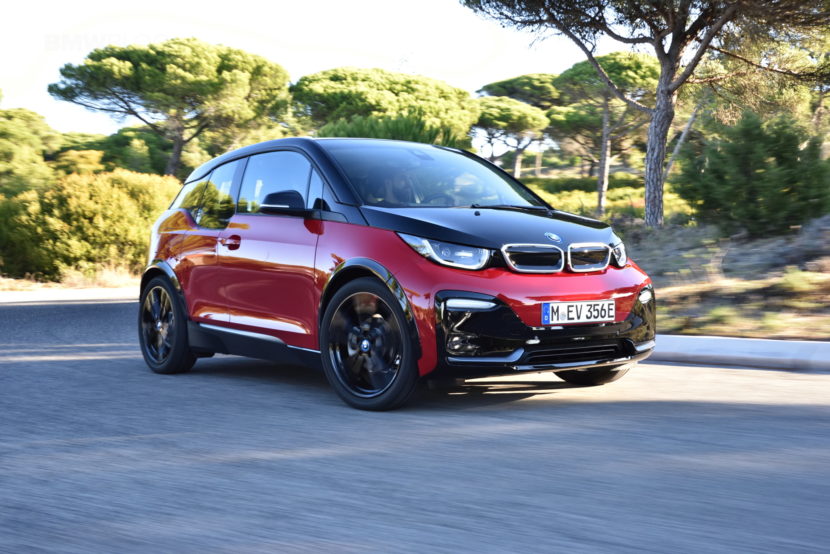
The costs could be reduced and thus diverted to modernize and enhance the electric supply infrastructure and thus to better satisfy the charging needs for electric vehicles. Eventually, the intelligent charge control technology could become production-ready for the mass-market electric cars.


